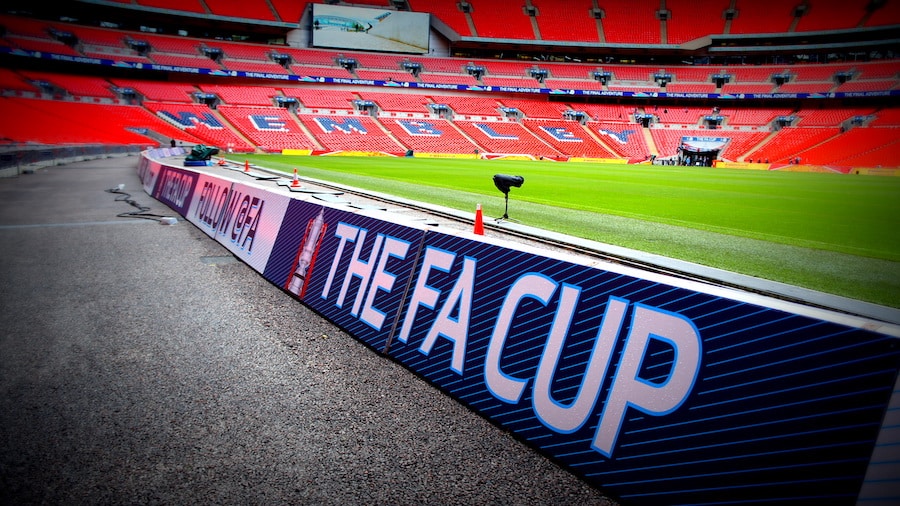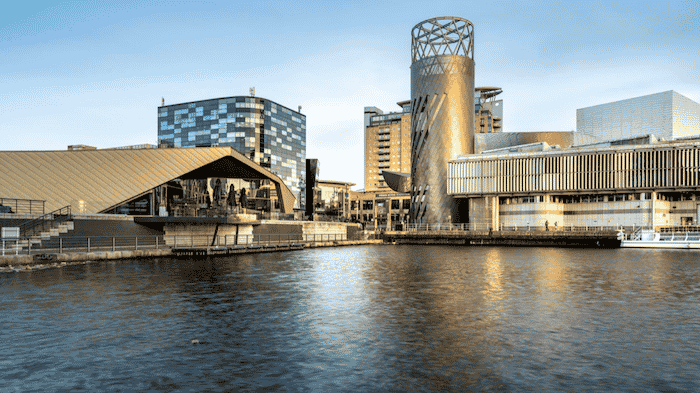Strikes and delays ‘recipe for disaster’ ahead of all Manchester FA Cup final
- Written by Thom Bamford
- Last updated 2 years ago
- Man City, Man Utd

The Aslef union, which represents train drivers, announced that it would hold a series of strikes across three days in May and June, including on the day of the final.
Aslef said that it had rejected a “risible” pay offer from the 16 train companies involved in the dispute, which it said had not offered salary increases to their drivers since 2019.
The union’s general secretary, Mick Whelan, said in a statement that the offer of just 4 per cent was not designed to be accepted, as inflation is still running north of 10 per cent and the members at these companies have not had an increase for four years.
As a result, the union will be withdrawing non-contractual overtime from Monday 15 to Saturday 20 May inclusive, as well as on Saturday 13 May and Thursday 1 June.
The strikes will affect services across the country, including key routes in and out of London, such as Avanti West Coast, Great Western Railway, Greater Anglia, Thameslink, London North Eastern Railway, Southeastern, Southern, and South Western Railway, as well as Chiltern Railways, CrossCountry, East Midlands Railway, GTR Great Northern Thameslink, Northern Trains, SWR depot drivers, SWR Island Line, TransPennine Express, and West Midlands Trains.
Aslef said its negotiating team had met representatives of the employers on eight occasions over the past year to try to find a resolution to the long-running dispute.
To add to the difficulties for fans, Avanti West Coast has said that it has not yet announced any additional services or designated football fan-only trains from Manchester to London.
In response to concerns from fans, the train operator issued a statement on Twitter, stating that it was not aware of any additional services being run, but that this could change closer to the time. The company also stated that it would not run separate trains for football fans.
The news has sparked concern among fans who are already facing difficulties in obtaining tickets for the highly anticipated final.
Many fans have taken to social media to express their frustration and to call on the train operators and the government to find a solution to the ongoing dispute.
The strike action and the lack of additional services from Avanti West Coast have also raised concerns about the potential impact on the environment, as fans may be forced to resort to alternative forms of transport, such as coaches or cars, which could result in increased emissions.
The situation has also highlighted the ongoing debate about the future of the UK’s railways and the need for investment in the sector.
The Aslef union has called for a more sensible and realistic offer from the employers and has urged the government not to hinder the negotiation process.
The upcoming FA Cup Final between Manchester United and Manchester City is one of the most anticipated matches of the year, and fans are keen to ensure that they are able to attend the historic event.
However, the ongoing strike action and the lack of additional services from train operators have raised concerns about the impact on fans’ ability to travel to the game. As the date of the final draws nearer, fans will be hoping that a solution can be found to the ongoing dispute, and that they will be able to travel to the game safely and without disruption.
Although Manchester United and Manchester City have been dominant over the years and have a long-standing rivalry, they have never met each other in the FA Cup final.
However, it’s worth noting that they have played against each other in the semi-finals of the FA Cup on a few occasions, with the most recent being in the 2010-2011 season, which Manchester City won 1-0.
Who could forget that Balotelli wink to Rio?!?
- This article was last updated 2 years ago.
- It was first published on 28 April 2023 and is subject to be updated from time to time. Please refresh or return to see the latest version.
Did we miss something? Let us know: press@ilovemanchester.com
Want to be the first to receive all the latest news stories, what’s on and events from the heart of Manchester? Sign up here.
Manchester is a successful city, but many people suffer. I Love Manchester helps raise awareness and funds to help improve the lives and prospects of people across Greater Manchester – and we can’t do it without your help. So please support us with what you can so we can continue to spread the love. Thank you in advance!
An email you’ll love. Subscribe to our newsletter to get the latest news stories delivered direct to your inbox.
Got a story worth sharing?
What’s the story? We are all ears when it comes to positive news and inspiring stories. You can send story ideas to press@ilovemanchester.com
While we can’t guarantee to publish everything, we will always consider any enquiry or idea that promotes:
- Independent new openings
- Human interest
- Not-for-profit organisations
- Community Interest Companies (CiCs) and projects
- Charities and charitable initiatives
- Affordability and offers saving people over 20%
For anything else, don’t hesitate to get in touch with us about advertorials (from £350+VAT) and advertising opportunities: advertise@ilovemanchester.com

“Manchester keeps it real” Comic opens up on trauma, toxic exes, and turning pain into punchlines

Bury FC complete one of football’s greatest comebacks with Gigg Lane glory

Review: The 39 Steps at Bolton Octagon Theatre is ‘wonderful, whacky and wildly imaginative’

Discotheque Royale vs Piccadilly 21s: which was your favourite 90s Manchester club?
















